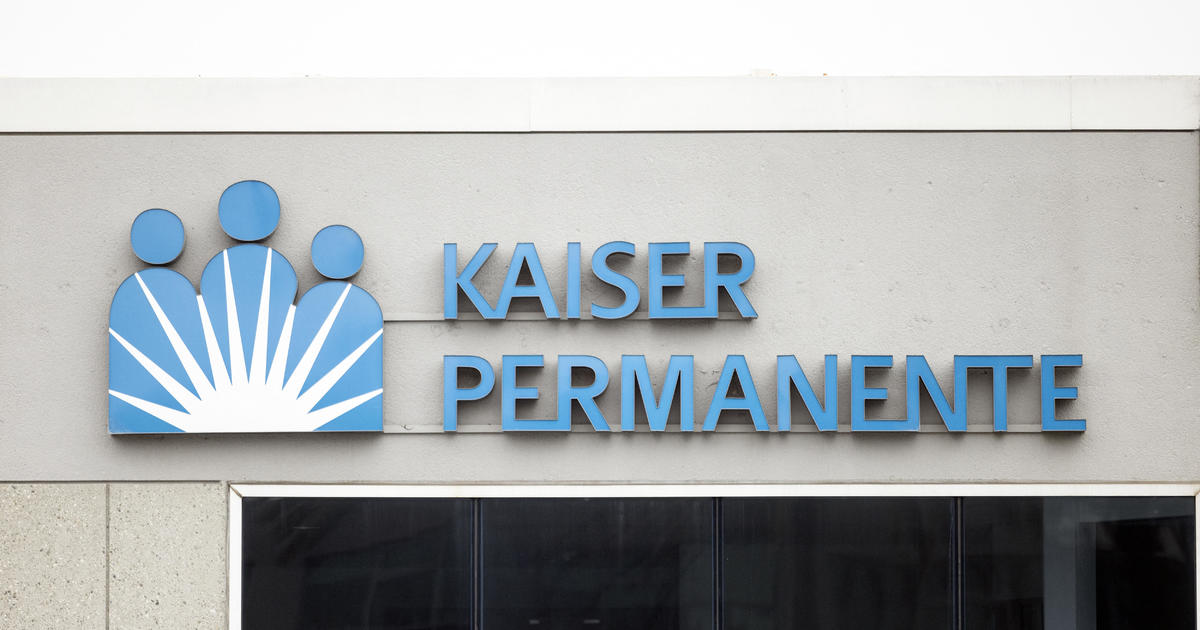How much does it cost to file for bankruptcy?
If you had to go into debt in recent years — whether it was because of overspending on your credit cards or due to unforeseen events like medical emergencies — getting out of that hole is now particularly difficult due to high interest rates. And, as the costs for essentials like housing, cars, insurance and food keep going up due to inflation, many people have been struggling to pay their bills. That can also lead to debt and make it harder to pay off previous balances.
As such, some people now find themselves unable to pay off their debt in a reasonable timeframe, which leads them to explore options like bankruptcy. In 2023, over 400,000 individuals filed for bankruptcy in the US, an increase of 15% from the previous year, according to data from the Administrative Office of the U.S. Courts.
However, filing for bankruptcy is not a free solution; there are costs associated with it. So how much, exactly, does it cost to file for bankruptcy? Here's what the experts say.
Don't wait for your credit card debt to compound. Compare your top debt relief options today.
How much does it cost to file for bankruptcy?
There is no set amount that people pay for a bankruptcy filing. Ultimately, the total costs of filing for bankruptcy can vary substantially based on a variety of factors.
Some of the top factors that impact the costs of filing include:
The type of bankruptcy
Most people will typically file for either Chapter 7 or Chapter 13 bankruptcy, which comes with different costs, not only in terms of upfront fees but also how much you owe on your debt.
"Chapter 13s, where a debtor can retain more property and will devote available income to repaying creditors as part of a multi-year plan, is more expensive and time-consuming than Chapter 7, which usually involves letting the trustee sell most of the debtor's assets," explains Nancy Rapoport, bankruptcy law professor at University of Nevada, Las Vegas (UNLV).
But while you typically have to sell assets in a Chapter 7 bankruptcy, the upside is that you can have your debts discharged "far more quickly," Rapoport adds.
Explore how the right debt relief service can help you avoid bankruptcy now.
Administrative fees
Filing for bankruptcy also comes with administrative fees. To petition for Chapter 7 bankruptcy, the fee is currently $338, while the price tag for filing for Chapter 13 is $318. It's possible you could be eligible to get your Chapter 7 filing fee waived, but bankruptcy courts can also charge a variety of other administrative fees, like fees to convert a case to another type of bankruptcy or records-related fees.
"You also usually have to pay for pre- and post-filing bankruptcy courses, though the cost of these can range from free to $100," says David Chami, managing partner at Consumers Attorneys.
These administrative fees shouldn't guide your decision alone, though. For one, not everyone is eligible for Chapter 7, as you have to pass a means test proving you can't reasonably repay your debts. Also, while the Chapter 13 administrative fees are slightly less, the total costs can be far higher, particularly considering you have to work out a repayment plan.
Legal fees
While you're not required to retain a lawyer to file for bankruptcy, doing so can help you qualify for bankruptcy and navigate the process.
Going at it alone "is strongly advised against," says Chami. "Even if bankruptcy is the right or necessary choice for a consumer given their circumstances, it is a serious option with long-lasting and significant legal, financial and tax consequences and requires a lot of documents, filings and work."
Because of the amount of work involved, legal fees can add up, depending on factors such as your location and the type of bankruptcy.
"Attorney fees for a Chapter 7 bankruptcy will typically range from $1,000 to $2,000, depending on the complexity of your situation. A Chapter 13 will typically range from $3,000 to $5,000 and is typically determined by the complexity of the case. Of course, the attorney you choose will also play a role in the cost you pay," says Chami.
Alternatives to filing for bankruptcy
Because bankruptcy can cost thousands of dollars to file for and can have long-term consequences, like impacting your credit score for several years, it's important to also consider alternatives to handling debt, such as finding a debt relief service.
While a debt settlement might not provide as much debt forgiveness as Chapter 7 bankruptcies, for instance, it might not have as damaging an effect on your credit. You also might find it easier to manage a debt settlement, such as if the amount is relatively small.
"If you're already behind on your payments, you might consider trying to settle those debts for pennies on the dollar rather than filing for Chapter 7 bankruptcy, which will stay on your credit for 10 years," says Chami.
A debt consolidation loan could also help you turn your existing debts into one more manageable monthly payment, but it's important to understand the risks, like being tempted to charge more on your credit cards after consolidation.
Another solution, if the debt is just a two-party dispute, could be to go through non-bankruptcy litigation or settlement, which is usually cheaper, says Rapoport.
The bottom line
Ultimately, it's important to weigh the total costs, both monetarily and otherwise, related to the different debt relief options and compare them to the potential benefits. Some people may be willing to deal with the credit consequences of filing for bankruptcy to try to get a fresh start after accumulating substantial debt, for example, while others might be better positioned for debt relief services. However, it's important to keep your guard up.
"When you start looking for options, beware of the large volume of scammers out there looking to take advantage of people in dire financial situations by offering debt settlement services that aren't necessarily helpful or the best option. If something seems too good to be true, it probably is. This is why legal advice is critical," says Chami.






